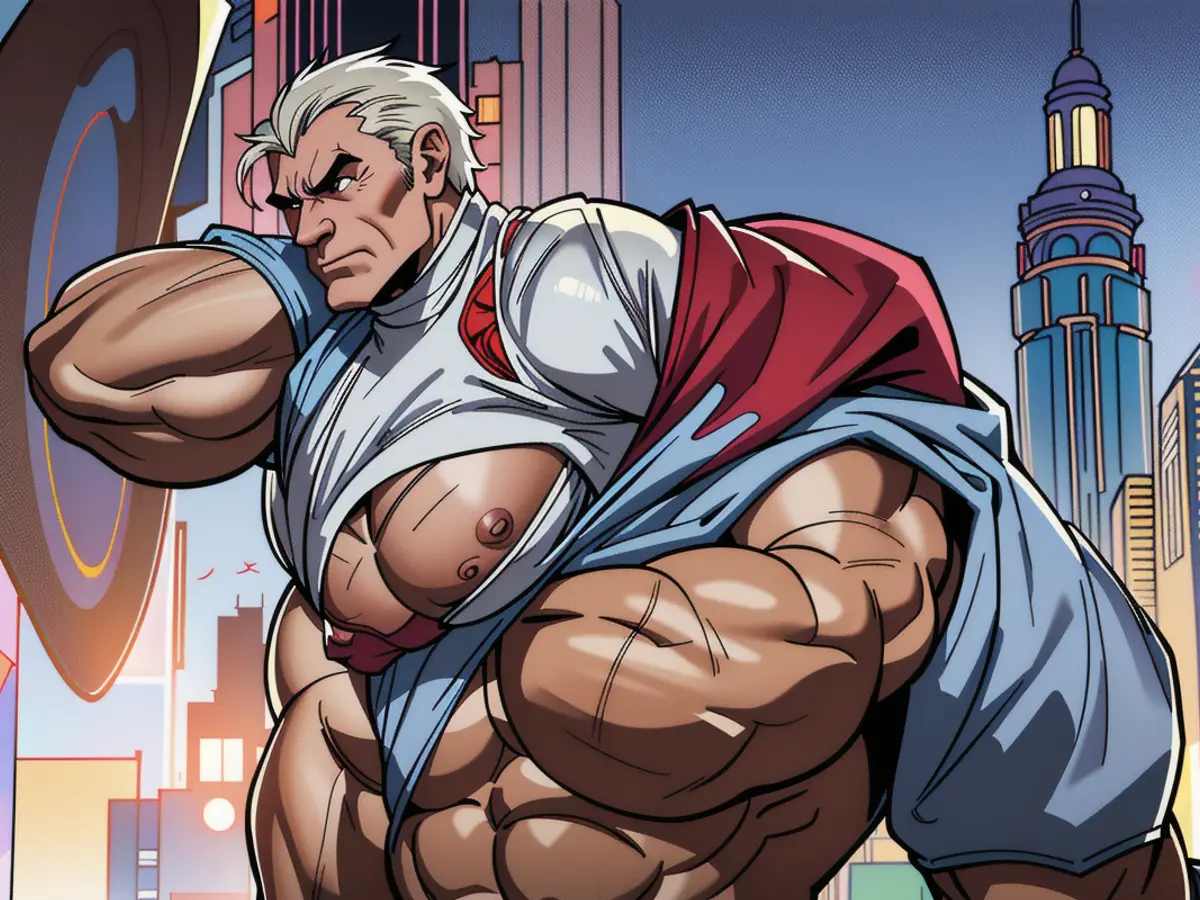Wisconsin Liberal Voters Face Initial Assessment on Supreme Court Election, Applying 'Lessons Learned'
New Version
Angela Lang prepares her activist troops for the upcoming knock-down, drag-out battle on election day. The stakes are crushing:
"Fair maps, abortion, voting rights," Lang, executive director of Black Leaders Organizing for Communities, says bluntly. "We can't afford to lose this battle because if Republicans and conservatives gain control of the court, that's Elon Musk, and that's a straight shot to the Trump agenda."
The April 1 election sees Susan Crawford face off against Brad Schimel for a vacancy on the Wisconsin state Supreme Court. Liberal Justice Ann Walsh Bradley is calling it a day, and the election will determine the court's ideological balance. Crawford currently serves as a Dane County Circuit Court judge and was a former prosecutor and legal counsel to a past Democratic governor. Schimel, a Waukesha County Circuit Court judge, was the state's Republican attorney general from 2015 to 2019.
This Supreme Court race is a reminder that Wisconsin isn't just a 50-50 state in presidential races. Close contests for the courts have been the norm recently, and liberals are digging their heels in for this one, hoping to maintain the 4-3 edge they secured in 2023. This race is more significant now, with Trump's weekend endorsement of Schimel raising the national stakes.
Lang and her troops have an enormous task ahead. Back in November, Trump won the state, and the scars of the loss haven't healed yet. With another massive fight on their hands, she reflects, "There's always the finger-pointing after an election. This would be the first true local test to see if there are lessons learned."
Trump notched an increase in his Milwaukee vote total and vote share, even in predominantly Black neighborhoods, stirring debate about Lang's approach. Pro-Trump groups were nowhere near as visible or active as Lang's warriors when it came to canvassing and meeting the community. Yet Trump managed to increase his share of the Black vote and used digital tools, thanks to a hefty investment from the likes of Musk, to reach and activate voters.

In the current Supreme Court election, Musk has funneled nearly $7 million to a conservative group aiming to replicate the 2024 strategy for mobilizing voters for Trump. This strategy includes digital targeting, as well as old-school canvassing operations. A super PAC Musk has backed previously is also splashing cash on television advertising, making it a veritable multimedia assault. This super PAC isn't required to disclose its donors, so the identity of who's footing the bill remains a mystery.
Lang refuses to let criticism dissuade her: "Old-school door-knocking isn't as effective or necessary anymore. That's all uninformed." She plans to boost her digital efforts but insists, "I will always take stock in listening to my team that is knocking all day every day and has a better pulse on the community than any overpaid consultant that likely isn't even from our state."
We caught up with Lang during our 2024 campaign exploration, tracking the election through the experiences of Americans in crucial states. Lang was brutally aware that Trump was running stronger in her community, particularly among Black men.
"People didn't feel the Democrats were addressing the needs and the issues of the average voter," Lang observed. "People wanted to try something different."
Now, despite the towering stakes in the Supreme Court race, Lang and other progressives in the state voice a massive worry: low voter turnout. "There's so much voter fatigue," Lang says. "People don't want to talk about politics right now. They feel completely checked out."
This voter fatigue is just one piece of a giant puzzle facing Democrats. Tensions are arising between grassroots activists and consultants over what went wrong in 2024 and how to fix it, both on crafting an issues list and then communicating it effectively. There's also frustration with Democratic leaders for not showing more fight – and achieving more success – as President Trump marches on.

"We need to hold our ground," Democratic consultant Josh Klemons puts it. "Then Senate Democrats cave, and that makes people really angry. There's no question about it … It's very hard to keep asking people to give their all when they don't see real progress."
As Klemons works to galvanize support through regular TikTok posts, Kate Duffy dives deeper into messaging. After launching Motherhood for Good in 2022, Duffy started regularly posting on issues critical to busy mothers. She recommends content that can be absorbed in just a couple of minutes but admits that she's learning to lean into longer, more nuanced posts.
"My biggest takeaway is to listen to my gut more," Duffy says. "We can do a longer video, explain things more, add more nuance. People are craving that." Message-makers discouraged her from doing this last year, she notes, "but looking back, I'm realizing that that might have come off as inauthentic and didn't resonate with as many people."
Another crucial lesson: talk more and smarter about the economy and the cost of living. "There's so many women who make all the household purchasing decisions and are in charge of the budget, and that's certainly somewhere where we can do better," Duffy contends.
Eric Jones, a confident voice in the community, has consistently echoed local sentiments in our All Over the Map Project. Now, with the new Trump term upon us, he offers his thoughts: "I've asked a good amount of people. It's bad when you don't know the candidates." With Musk putting his millions behind the conservative cause, Jones fears a flood of misinformation. "Any political campaign is essentially an information war. The guy with the biggest budget tends to win."
But Jones remains hopeful: "I don't know if anybody can learn a lesson that quickly. The midterms will be a better chance to see it."

- Grassroots activists, such as Angela Lang, are preparing for a significant battle in the 2023 Wisconsin Supreme Court election, aiming to maintain the court's 4-3 ideological balance.
- Elon Musk has invested nearly $7 million into a conservative group to mobilize voters for the Supreme Court race, employing digital targeting and canvassing operations, much like the strategy utilized during Trump's 2024 campaign.
- Despite criticisms and concerns about low voter turnout, Lang emphasizes the importance of a strong grassroots presence, arguing that personal, old-school door-knocking remains an essential strategy despite the rise of digital tools.








